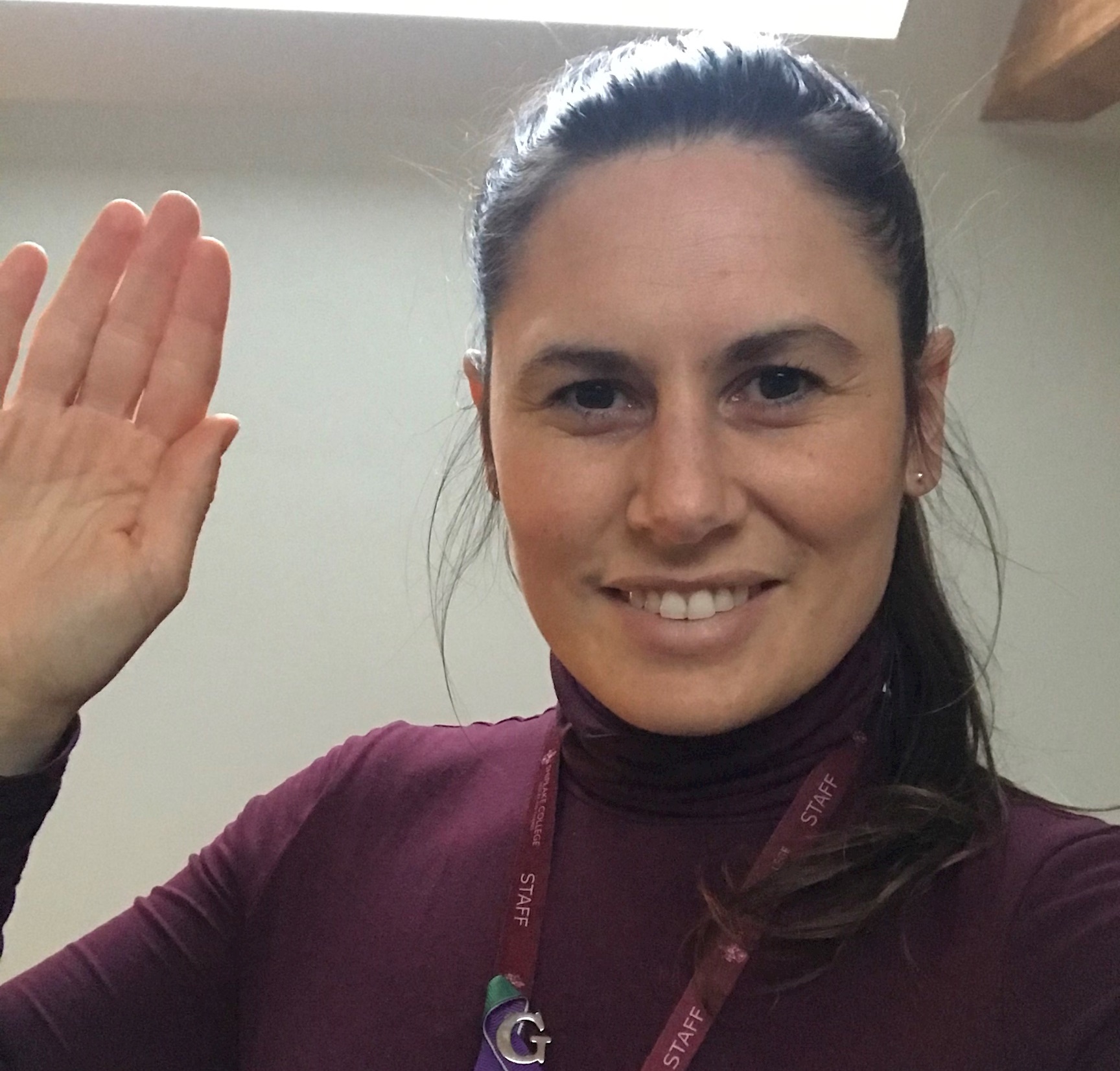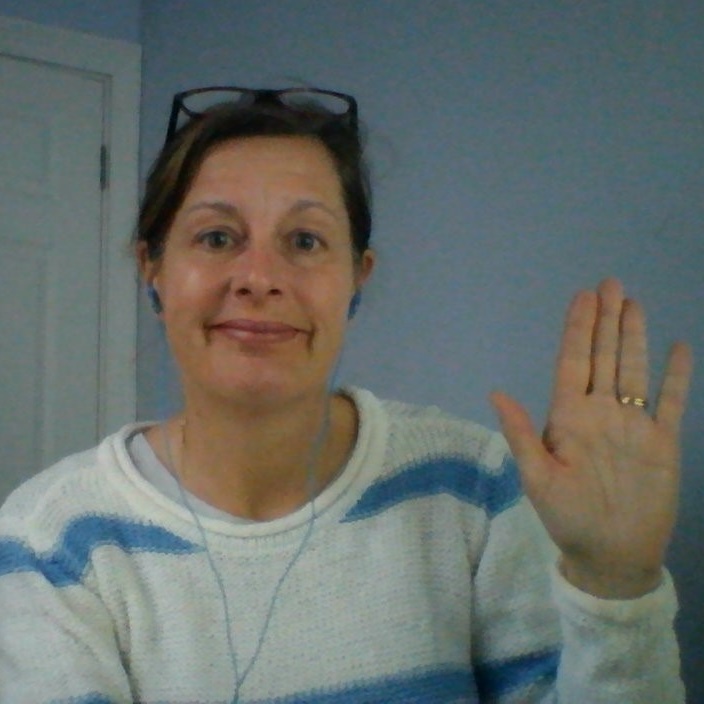
Today we recognise International Women’s Day, a global day celebrating the social, economic, cultural and political achievements of women.
On March 8 each year, we celebrate women’s achievements, raise awareness about women’s equality and lobby for accelerated gender parity.
The campaign theme for International Women's Day 2021 is 'Choose To Challenge', and we asked female teachers at Shiplake College to share with us what they choose to challenge and why the day is important to them.
A challenged world is an alert world. And from challenge comes change. So let's all #ChooseToChallenge.
Mrs Justine Parrott, Head of Modern Foreign Languages
"In Spain they have made giant leaps in very recent history to ensure equality for women. More women than ever are now in positions of government, companies of 50 or more staff are obliged by law to ensure none of the women whose jobs are of equal value to the firm are being paid less than men, and another recent law means harassing women verbally, not just physically, in the street, in bars, at private parties is now a criminal offence. On IWD in many towns in Spain there are marches where everyone wears a purple scarf to mark the day."
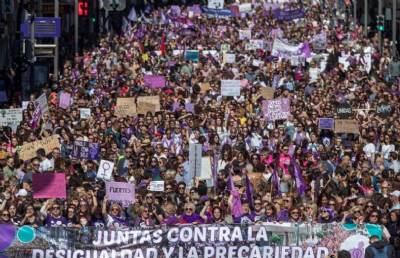
Mrs Emma Farrell, Head of Drama
"International Women's Day is important to me firstly to recognise and celebrate the amazing women who have fought for us in the past to achieve levels of equality that many generations of women never knew. And secondly to continue reminding all women of all ages that they have a powerful voice that can make change. Whether that be in their own lives, or the lives of others in their local or the global community. The power to speak up and speak out against inequality is in our hands and we must ensure every generation uses that power to create a more inclusive world."
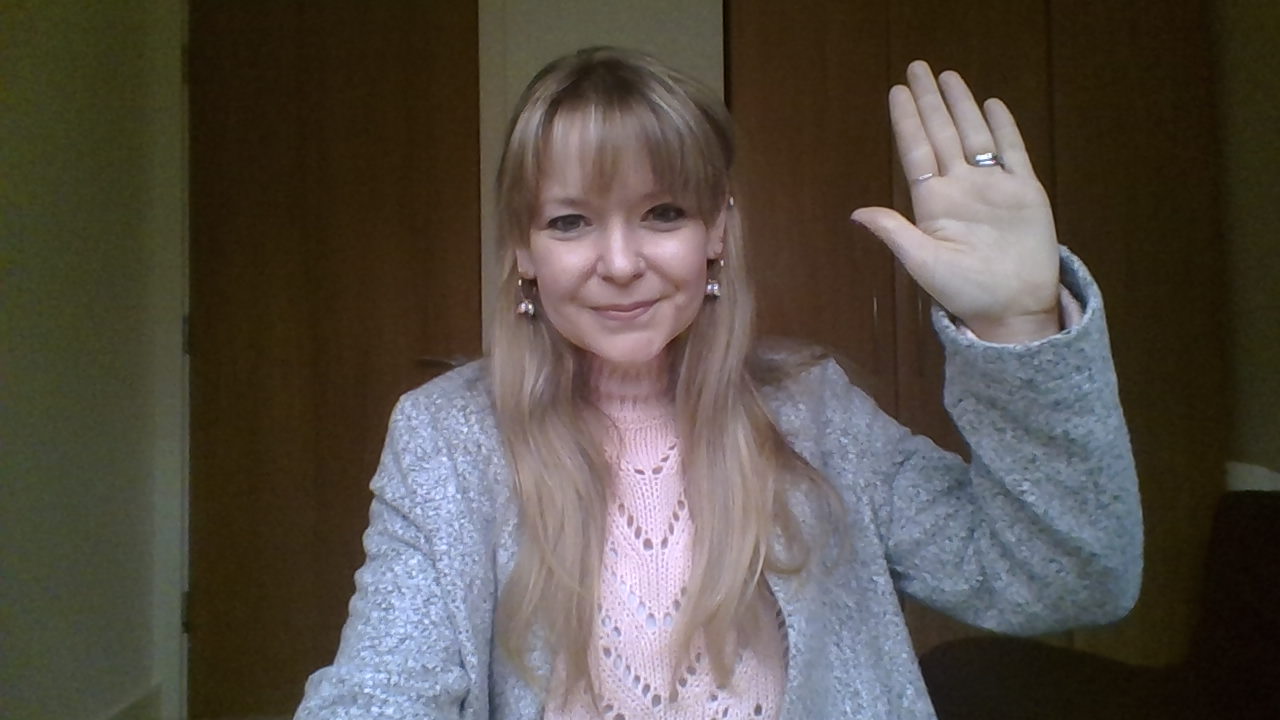
Mrs Eleanor Hallam, English Teacher
“When you put yourself ‘out there’, way beyond your comfort zone, when you indulge in endeavours that cause your heart to beat fast and your chest to tighten – amazing things happen. Doors open, opportunities arise and, most importantly, the painful chinks in your armour heal. The cracks that threaten to make you fall apart, they seal over. You become far stronger than you’d ever imagined. You stop waiting for permission to start living a life that allows your heart to sing and your mind to soar, and instead you set about building it yourself – shade by shade, piece by piece.”
Anna McNuff, Girlguiding ambassador, global adventurer and author
"Anna has inspired me to seek out adventure and exercise – no matter how large or small. She has cycled across America, run barefoot across the UK, is an open-water swimmer and much, much more: she encourages everyone, but especially women and girls to seek adventure and challenge in our great outdoors. This is particularly important to me as we celebrate International Women’s Day because as a teenager in the 1980s when I was at school, my male counterparts were offered opportunities to join the CCF and the Duke of Edinburgh Scheme, I as a female was offered lectures on the history of washing machines and sewing, and trips to the gardens of Chatsworth House.
"Thankfully times have changed.
"I want the women I teach or meet in any environment to know that the great outdoors is theirs to thrive in and enjoy. Adventure large or small makes us all stronger, confident and I hope, kinder. When all walks of society benefit from fresh air, physical challenge, or are encouraged through reading about the adventures of others, then we all rise, and consequently lift others around us through our collective experiences."
Dr Christel Rousseau, Physics Teacher
"I choose to challenge history where women have been excluded, I choose to challenge history where women were included but belittled. I choose to challenge the present where women are still excluded or belittled, just because they are women. International Women’s Day is a reminder of how much sacrifice, prejudice, racism and sexism women have endured until now.
"As a woman, we can be strong, confident, independent, and at the same time soft, kind and graceful. We can be emotional and tough, we can be and do anything we want. This is our power!"
Here is my list of remarkable women in physics:
Chien-Shiung Wu, named the First Lady of Physics, who 'solved the number one riddle of atomic and nuclear physics when she disproved the Parity Law’. The Nobel prize went to her male colleagues, typical of the so-called Matilda effect where female scientist's contribution is not recognised or credited to her male colleagues. They are many more like Chein-Shiung.
Cecilia Payne-Gaposchkin in the 1920s wanted to study physics but had to choose astronomy instead. She enrolled at Cambridge University, passed all the exams but was not awarded a degree, just a certificate which she recalled saying, in effect, ‘If you had been a man, you would have got a BA’. She left the UK and obtained a fellowship from Harvard University. She carried on her career there, became a professor and then the first to chair a department.
Andrea Ghaz was awarded the Nobel Prize of Physics in 2020 for her discovery with Roger Penrose and Reinhard Genzel of a massive black hole, called Sagittarius A, in the middle of our galaxy. She remembers at her high school, an article posted on the wall: the paper was a scientific study which had concluded that boys were smarter than girls in maths. Now she has become a role model to many girls and young women scientists.
Donna Strickland was awarded the Nobel Prize in Physics in 2018 for her PhD work (1985) ‘for groundbreaking inventions in the field of laser physics’ and ‘for the method of generating high-intensity, ultra-short optical pulses.’ With her supervisor, Gerard Mourou, they prepared the way ‘toward the most intense laser pulses ever created’. Her research permitted the development of applications like laser eye surgery.
Maria Goeppert Mayer was awarded the Nobel prize in Physics in 1963 ‘for her discoveries concerning nuclear shell structure’. She is the second woman to be awarded a Nobel Prize. In a speech to a group of secondary students, mainly girls, she urged them to "become fully educated women and promote the understanding of science... My generation has played its part. It is up to you to carry on."
Marie Curie was awarded the Nobel Prize in 1903 in Physics with Henri Becquerel for their work on Radiation. Pierre Curie had to persuade the Nobel Prize committee that Marie, his wife, had done all the work, not him. She is the only woman who received two Nobel Prizes in two scientific fields: Physics and Chemistry.
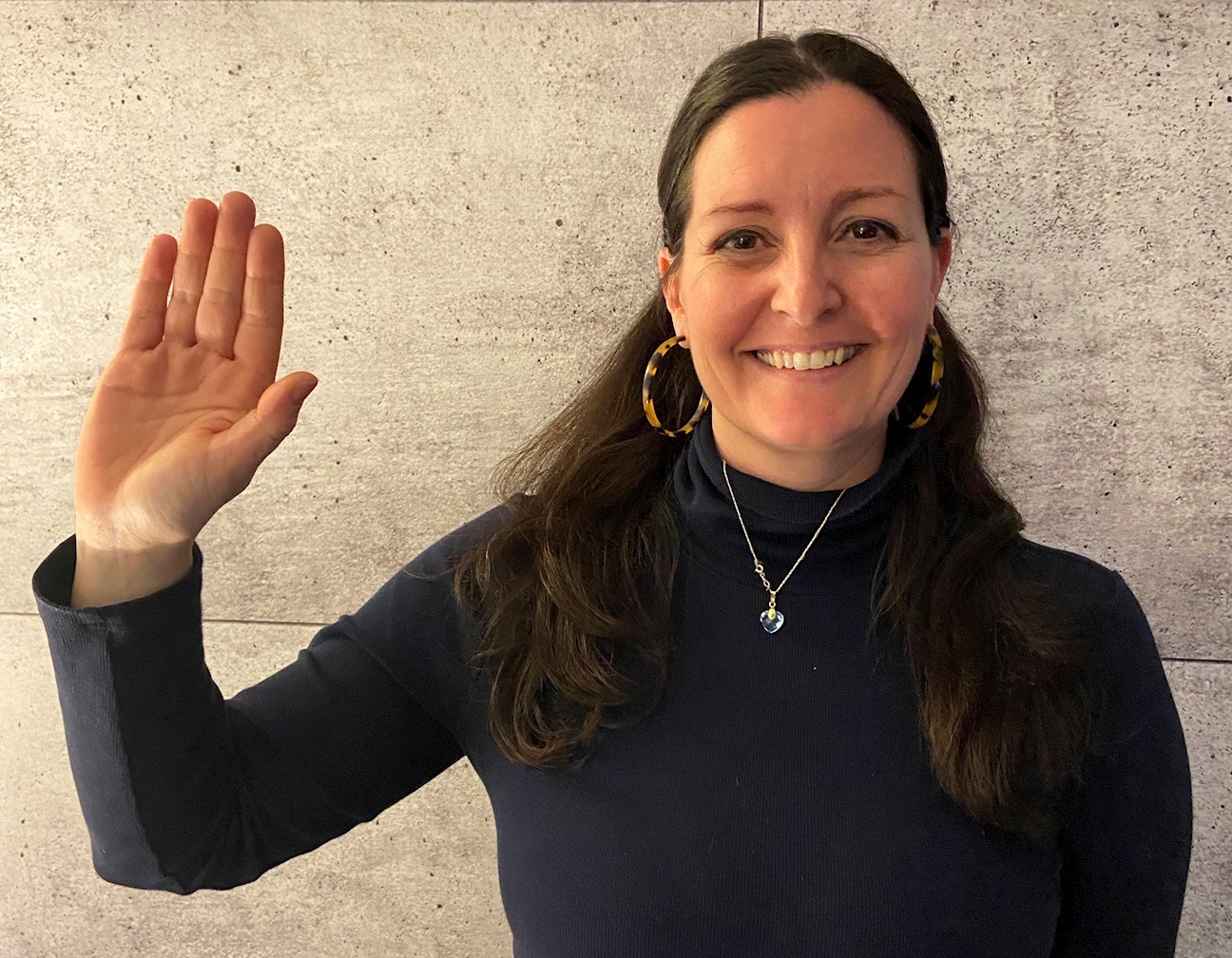
Mrs Kate Magee, Sociology and Criminology Teacher
"International Women’s Day is important because my mother and grandmothers didn’t have the opportunities I have and our daughters and granddaughters deserve to be judged on their worth and not on their looks."
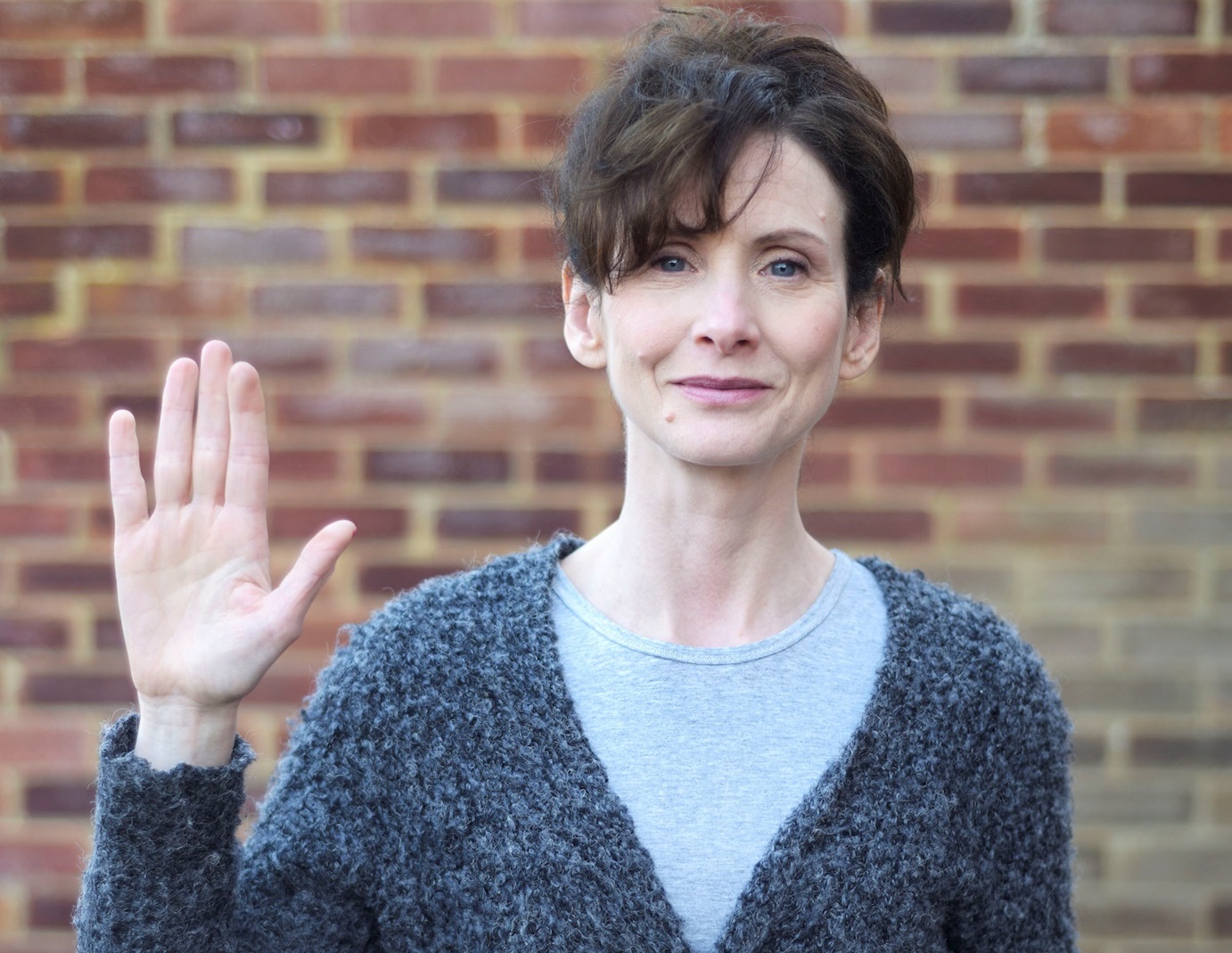
Dr Liz Chare, Head of Science
"International Women's Day for me serves as a reminder that there is still much inequality in all walks of life such as racism, homophobia or sexism. It also comes as a timely reminder that there is still huge inequality for women across the world, and even in the UK, sexism can be a problem. International Women's Day reminds me that wherever I personally encounter sexist issues, that they need to be challenged for progress to be made. My personal view is although sexist views, actions or comments may make me angry, they should be challenged from a compassionate view point, as often the perpetrators may have been brought up in very sexist environments themselves: "hurt people, hurt people". We all have the opportunity and a role to play in putting a stop to inequality for our society to move forward and create a happier global community."
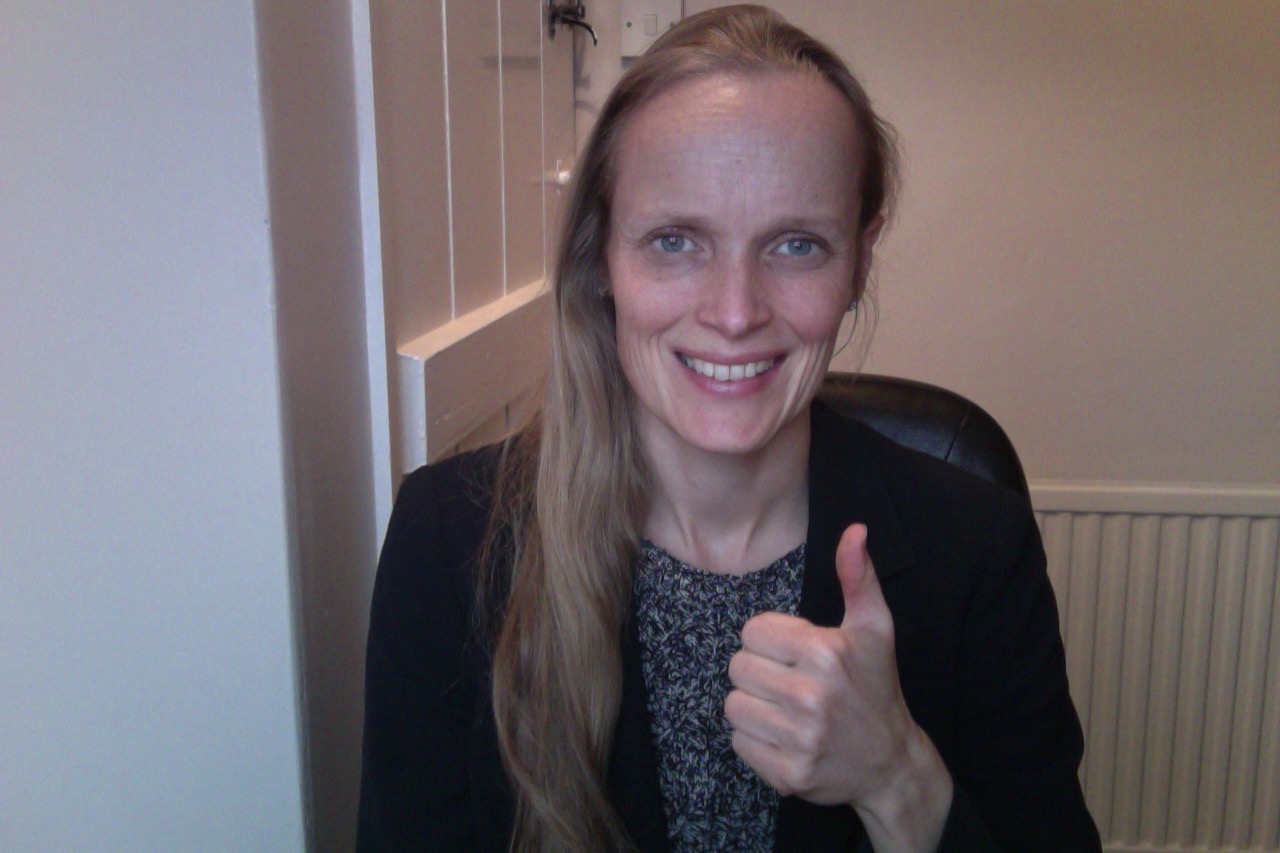
Dr Gemma Prata, Geography Teacher
Dr Prata is currently working with Year 8 pupils about gender bias in geography linked to their work on urban planning and how we can shape places for all. They are looking at the book Invisible Women by Caroline Criado Perez as well as the case study of snow clearing in Karlskoga, Sweden.
"International Women’s Day is important to me because I believe that all people, regardless of gender, should have equal opportunities. It is important to have a day which recognises the achievements of women and to bring awareness to the challenges we still face. When all people get to fully participate in a society it improves the lives of all. Women and girls play a key role in helping lift a country out of poverty so that the quality of life for everyone improves. This is why gender equality is one of the key UN Sustainable Development Goals."

